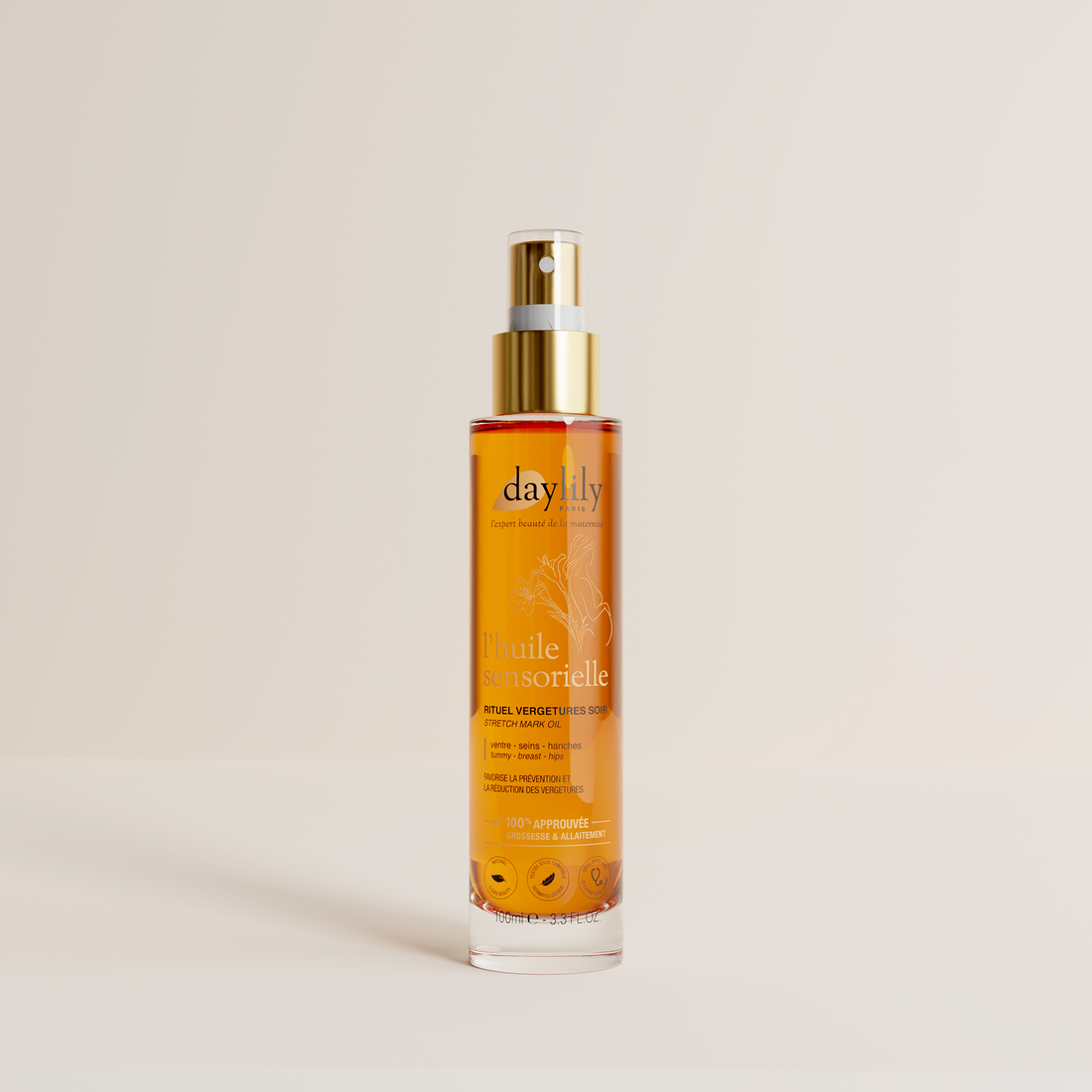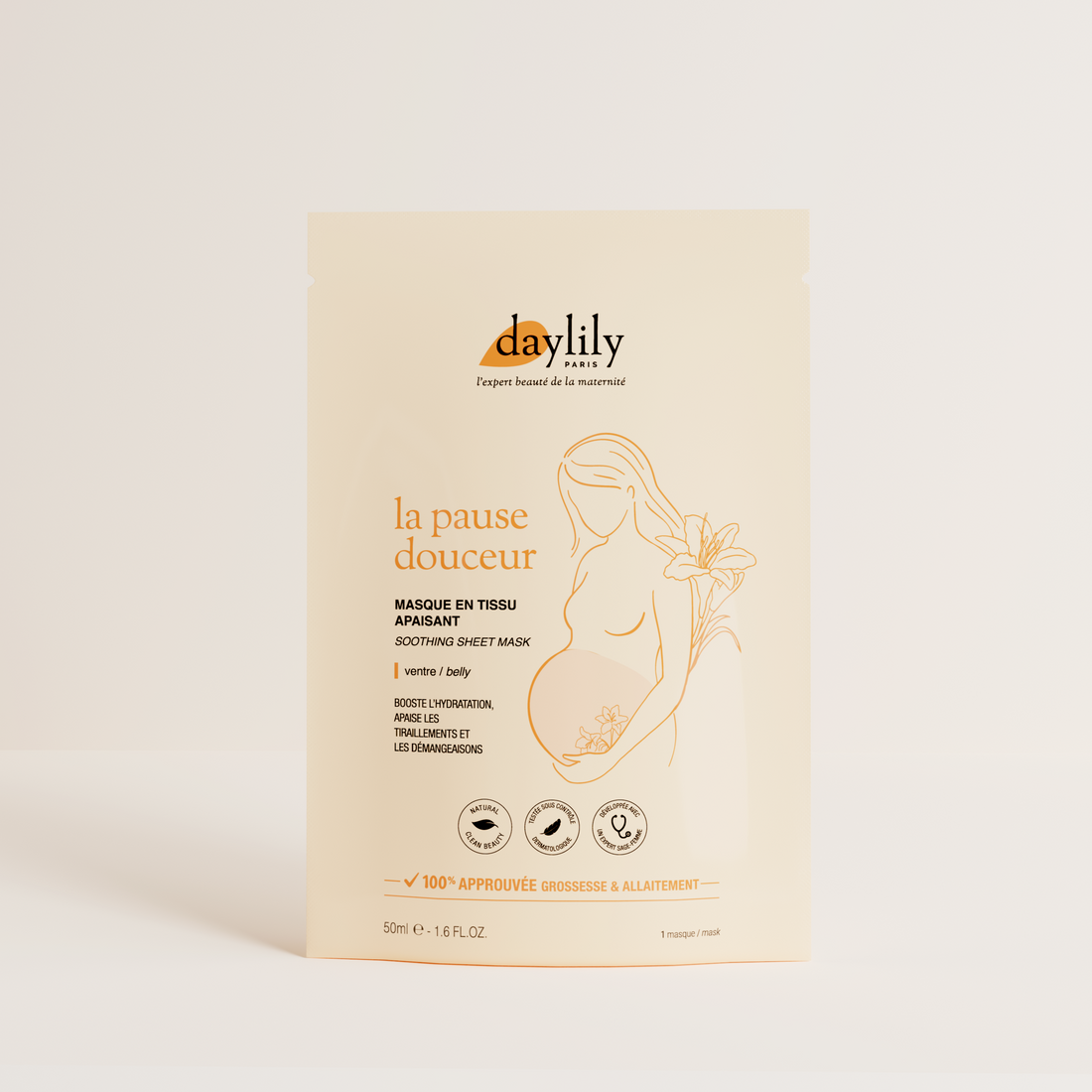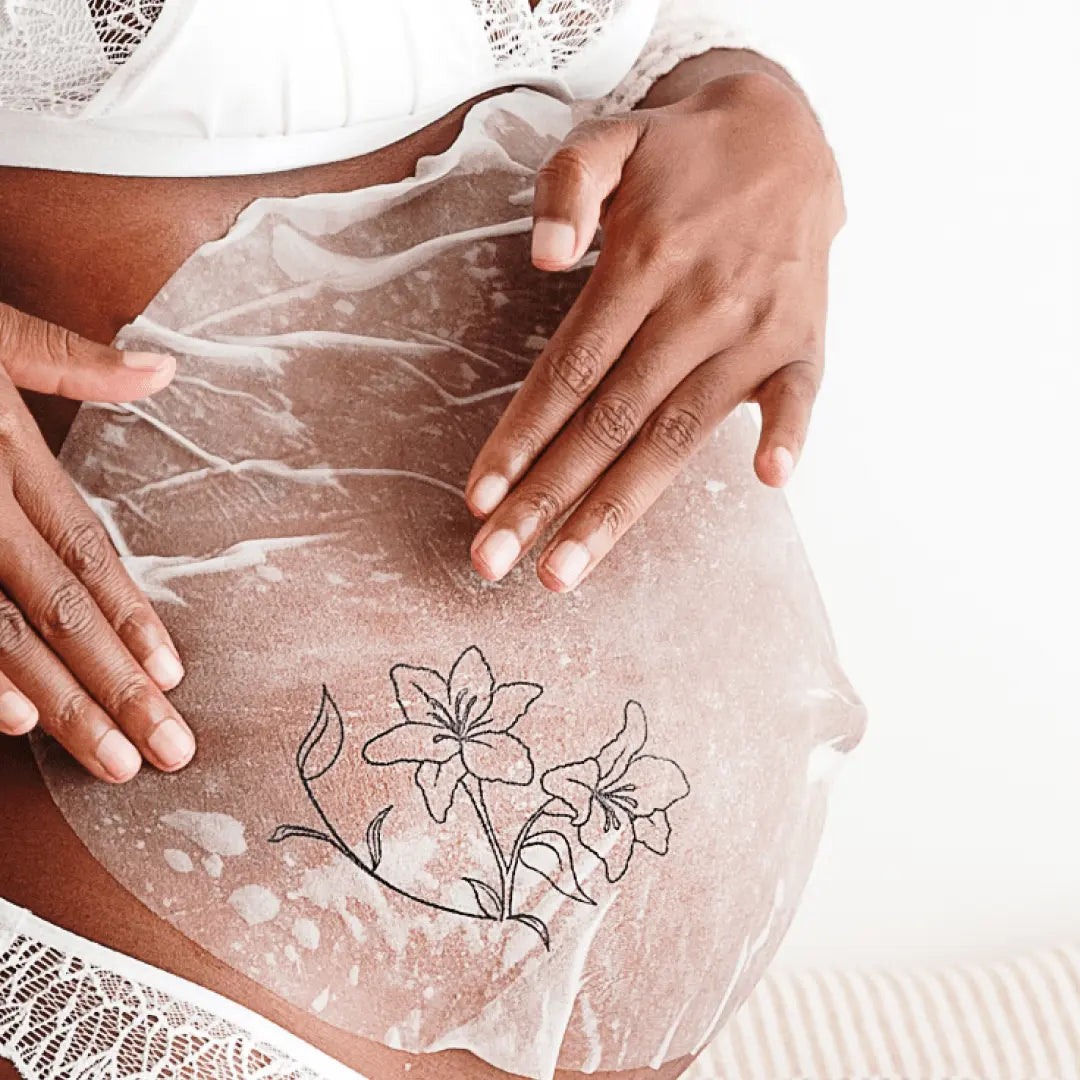What hormones come into play during pregnancy
Beta-hCG, the first hormone of pregnancy
The human chorionic gonadotropin hormone, the famous beta-hCG, is produced only after fertilization and implantation: it is its dosage which is measured by pregnancy tests and blood tests. If the test or blood test is positive: a happy event is brewing! In a few weeks you will be able to have your first ultrasound and know the theoretical conception and delivery date. The hCG hormone will accompany you throughout the first trimester: it is the cause if you suffer from morning sickness... Its secretion drops, fortunately, from the fourteenth week of amenorrhea, that is to say at the beginning of the fourth month.
Estrogen and progesterone, the female hormones par excellence
Estrogen – the level of which can increase by 1000 while expecting a child – softens the ligaments and tendons which allow the uterus to stretch. They act in symbiosis with progesterone, which has the role of helping the egg to implant in the uterine mucosa and calming natural contractions.
They are both responsible for enlarging your breasts to prepare you for breastfeeding.
HLP and prolactin, to produce breast milk
Placental Lactogenic Hormone (PLH) and prolactin stimulate the development of the mammary glands and lactation throughout pregnancy to nourish the baby from birth. The placenta and the pituitary gland respectively produce it.
Oxytocin and endorphins: childbirth is approaching!
At the end of pregnancy, your body releases oxytocin: this hormone triggers uterine contractions and the start of labor. At the same time, the release of endorphins accelerates: these well-being hormones help the future mother to better tolerate pain.
The effects of hormones during pregnancy

Hormones are responsible for the minor ailments of pregnancy: fatigue, mood swings, nausea, cravings ... In terms of health, they can be indirectly the cause of slowed blood circulation (the famous heavy legs ), water retention , constipation ...
And our skin then? Under the action of hormones, many pregnant women notice that their skin is more beautiful, that their hair is thicker and that they have a permanently glowing complexion. Perfect ! But on the other hand, pregnancy hormones can also cause skin to be drier, dehydrated and more sensitive to the sun. Because the body, under the effect of estrogens, naturally produces more melanin during pregnancy, without appropriate sun protection , skin exposed to UVA-UVB rays can suffer from hyperpigmentation. The famous brown spots of the pregnancy mask (melasma from its scientific name) then appear. But that's not all: when the face is not affected by melasma (the famous pregnancy mask), hormones can cause it to produce excess sebum, in other words the first element responsible for the appearance of imperfections , and in particular acne spots... Because yes, these days, these no longer only concern adolescent skin!
Finally, estrogens and cortisol, also secreted in greater quantities by pregnant women, weaken the fibers of the dermis. The skin becomes less elastic, it has difficulty stretching to accommodate your weight gain and stretch marks may appear.
To help the skin soften, consider using anti-stretch mark massage treatments to take care of your body until birth. And don't forget to take care of your face with suitable treatments , capable of fighting against the famous pregnancy mask but also of making your skin shine in all circumstances.



















